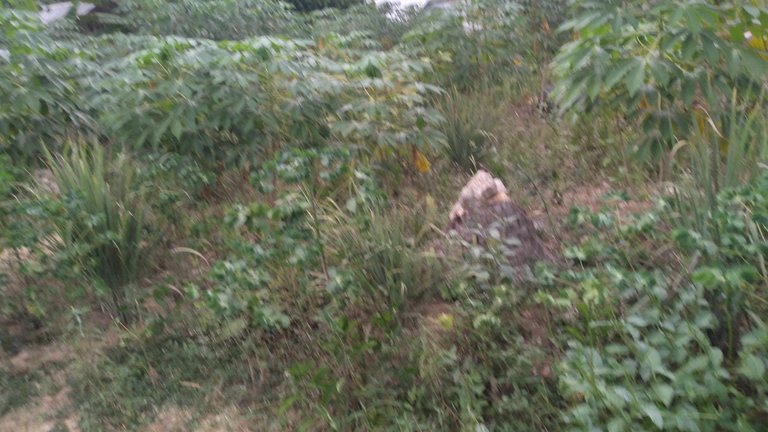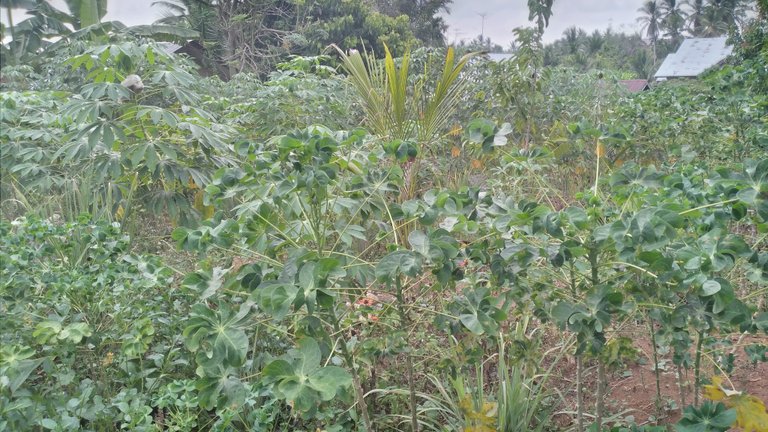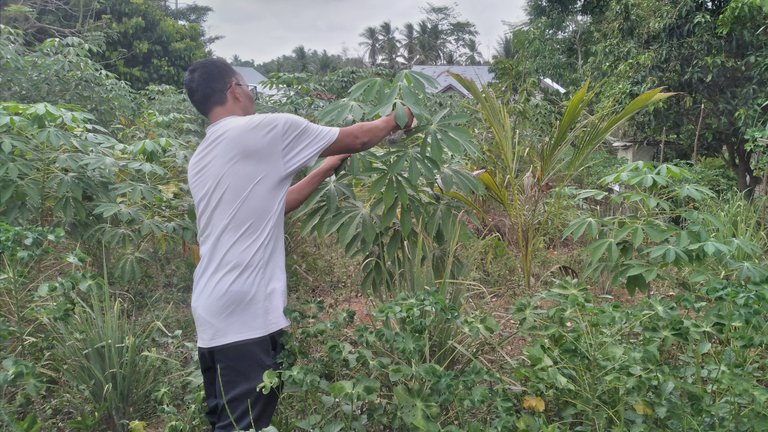
Food security and sovereignty are still hot issues in Indonesia. In fact, Indonesia is an agricultural country that has lots of local food ingredients with a million benefits. Based on this issue, the State University of Malang (UM) is promoting a mass purple sweet potato planting movement. This activity was carried out on Monday (20/11) at the UM Fruit Garden. The event was attended by the Chancellor, Vice Chancellors II and III, the Deans, as well as representatives of the UM Green Campus from each faculty.
Chair of UM's Green Campus, Prof. Dr. Sumarmi, M.Pd., explained that this program is not only carried out at UM, but also in areas that are targets for KKN students at UM. Purple sweet potato was chosen as a mass-planted crop because it is a source of carbohydrates after rice, wheat, corn and cassava. This can certainly be a tactic to overcome the world food crisis due to extreme weather and policies between countries regarding food exports.
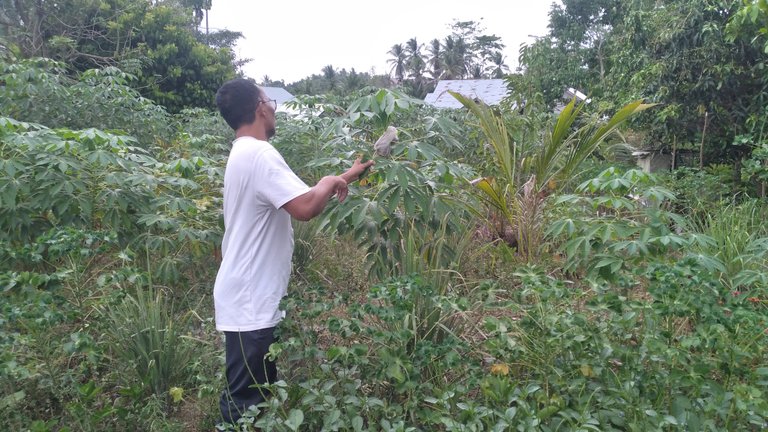
This was approved by the Chancellor of UM, Prof. Dr. Hariyono, M.Pd. In his speech, he explained that purple sweet potatoes have a million potentials, such as improving eye health and preventing cancer. In Indonesia, this plant is very easy to cultivate with relatively simple care, but unfortunately the use of purple sweet potatoes is still very minimal.
“Why is Indonesia, which is an agricultural country, yet still has to import food from abroad? "In fact, around us there are lots of local food ingredients that have many benefits, for example sweet potatoes or purple tuna," he said.
The Chancellor of UM also said that this movement was not only carried out solely for consumption, but could become part of the UM research cycle. He said that the sweet potato planting movement could be studied from various scientific fields.
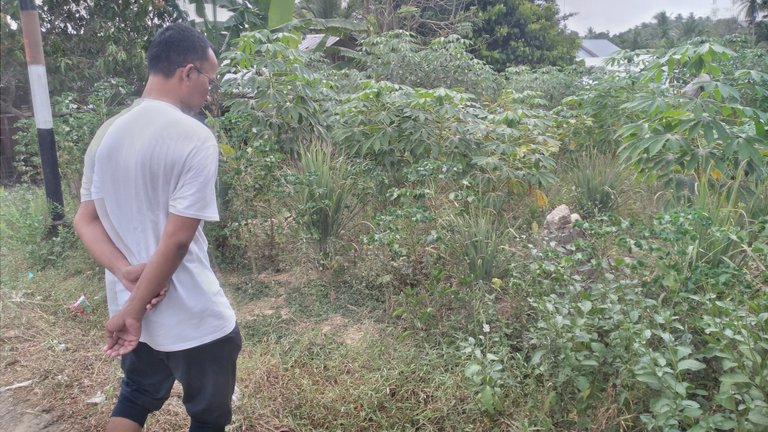
Friends from the Nutrition Study Program can research the nutrition of these local food ingredients. Friends of the Culinary Arts Study Program can make a food menu from purple sweet potatoes. Also, friends from Public Health Sciences can research why our society tends not to care about the potential of local food ingredients. Let's try to explore and develop together.
